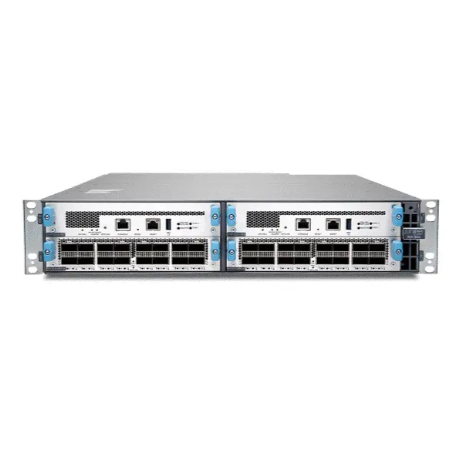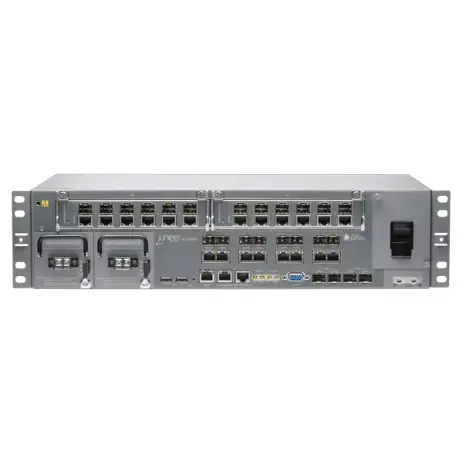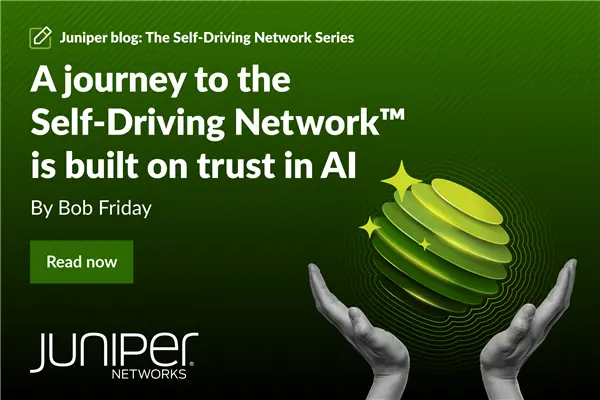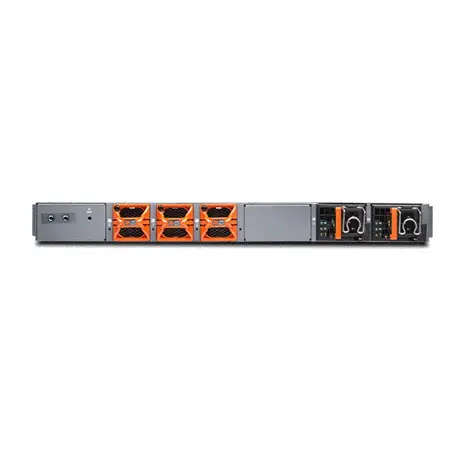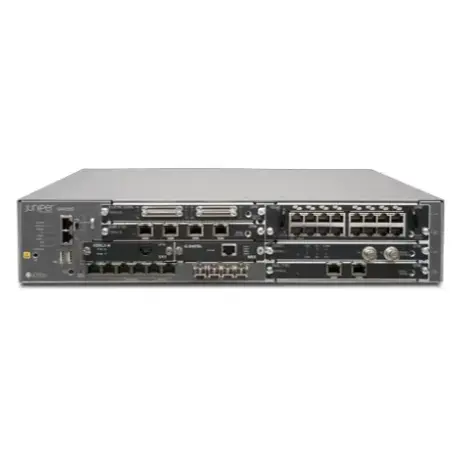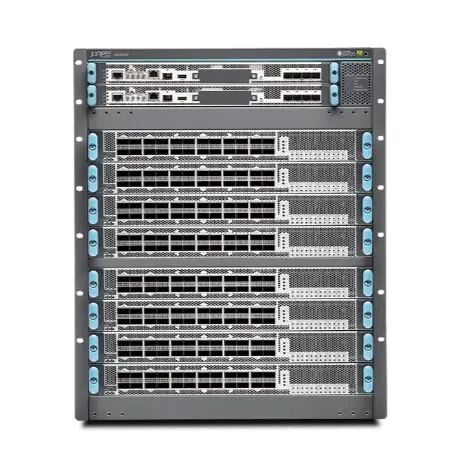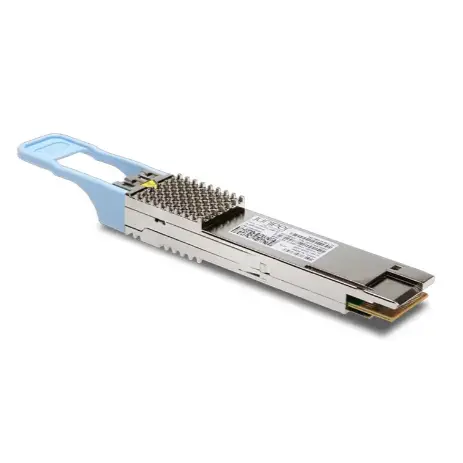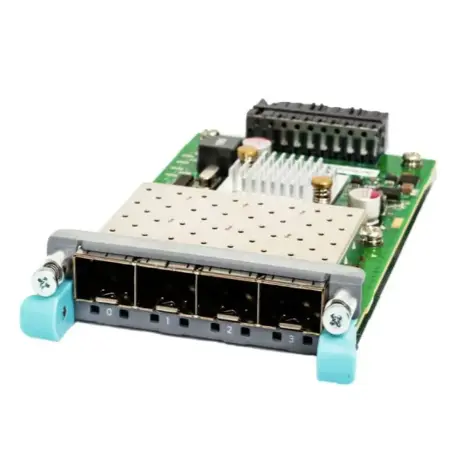What the Internet can do for AI
The Internet has revolutionized the way we live, work, and interact with the world around us. It has become an important tool for communication, information sharing and business operations. In recent years, the Internet has also played a crucial role in the development of the field of artificial intelligence (AI). The architecture of AI networks is different from traditional networks, and the traffic models of services also have their own characteristics. In addition, the data flow entropy calculated by GPU is low, the five-tuple is relatively fixed, but the traffic is huge. These unique capabilities of AI networking and data processing open up new possibilities for what the Internet can do for AI.
One of the key ways the Internet is changing artificial intelligence is by leveraging the vast amounts of data available for analysis. The Internet makes it possible to collect and share massive data sets, which are crucial for training artificial intelligence algorithms. With access to such large and diverse data sets, AI systems can learn to recognize patterns, make predictions, and perform complex tasks with high accuracy. This has led to significant advances in areas such as image recognition, natural language processing, and recommender systems.
In addition, the Internet has promoted the development of cloud computing and greatly enhanced the capabilities of artificial intelligence systems. Cloud platforms provide the computing power and storage resources required to train and deploy artificial intelligence models at scale. This makes AI more accessible to businesses and individuals, allowing them to harness the power of AI without having to invest in expensive hardware or infrastructure.
Furthermore, the Internet enables AI to be seamlessly integrated into various online services and applications. From personalized recommendations on e-commerce sites to virtual assistants that understand and respond to natural language queries, artificial intelligence is becoming an integral part of the online experience. This integration not only improves the user experience, it also opens up new opportunities for businesses to leverage AI in innovative ways.
Additionally, the Internet facilitates collaboration and knowledge sharing within the AI community. Researchers and practitioners from around the world can easily access the latest research papers, share their findings and collaborate on projects through online platforms and forums. This global exchange of ideas and expertise has accelerated the pace of innovation in artificial intelligence and led to breakthroughs in areas such as deep learning, reinforcement learning and computer vision.
Looking to the future, the Internet will continue to play a central role in the development of artificial intelligence. As technologies like 5G networks and edge computing become more ubiquitous, the internet will provide the high-speed connectivity and low-latency communications needed to support AI applications in environments ranging from smart cities to self-driving cars.
In summary, the Internet has fundamentally changed the field of artificial intelligence, enabling the collection and analysis of large data sets, providing the computing resources required for artificial intelligence, integrating artificial intelligence into online services, and promoting global collaboration within the artificial intelligence community. As the Internet continues to develop, it will open up new possibilities for the implementation of artificial intelligence, drive innovation and shape the future of technology and society.





